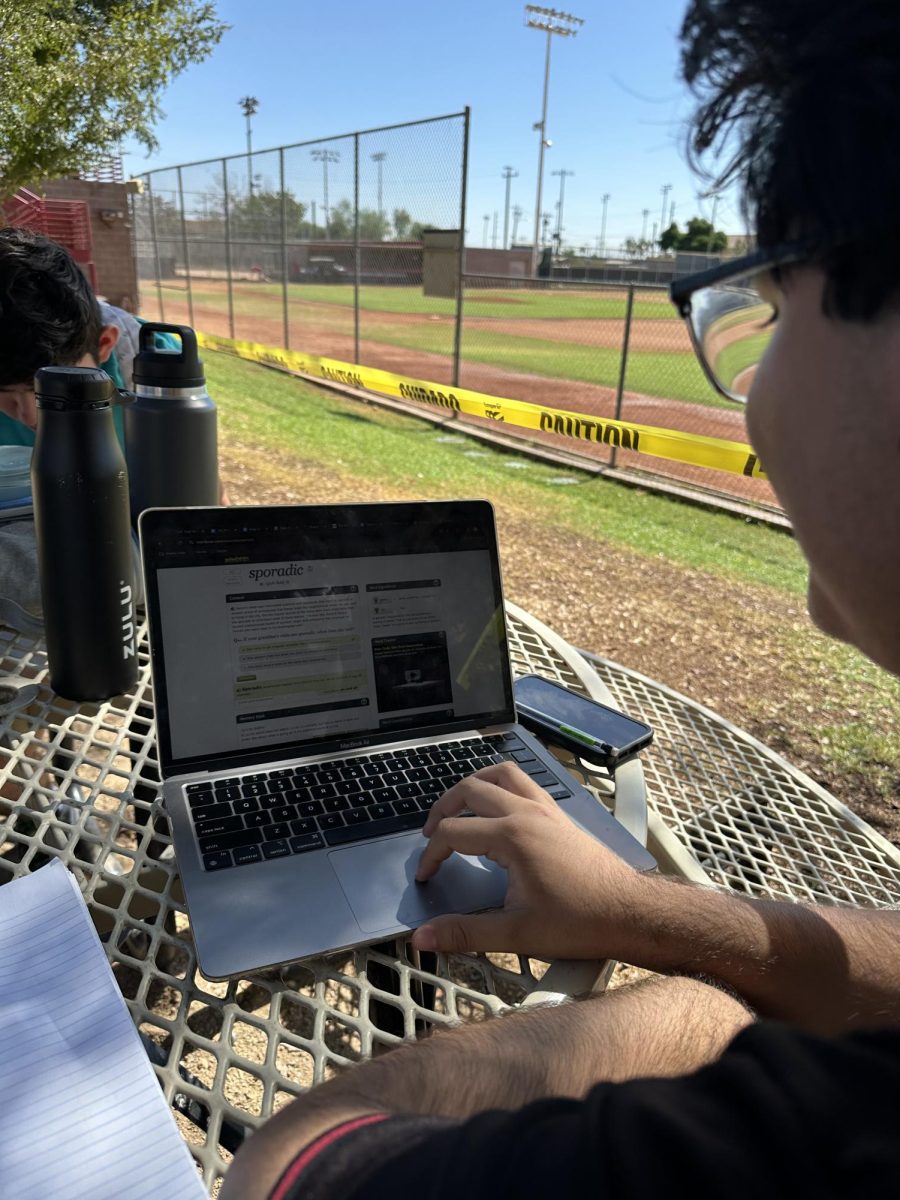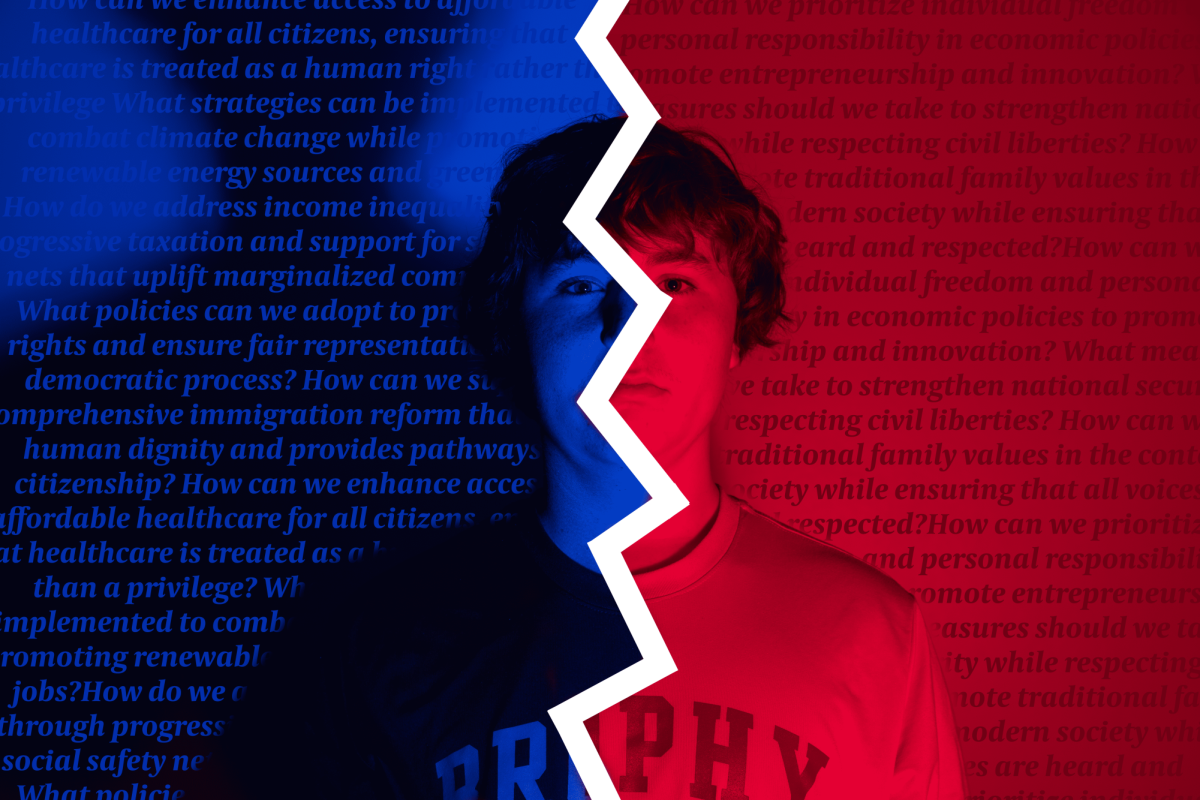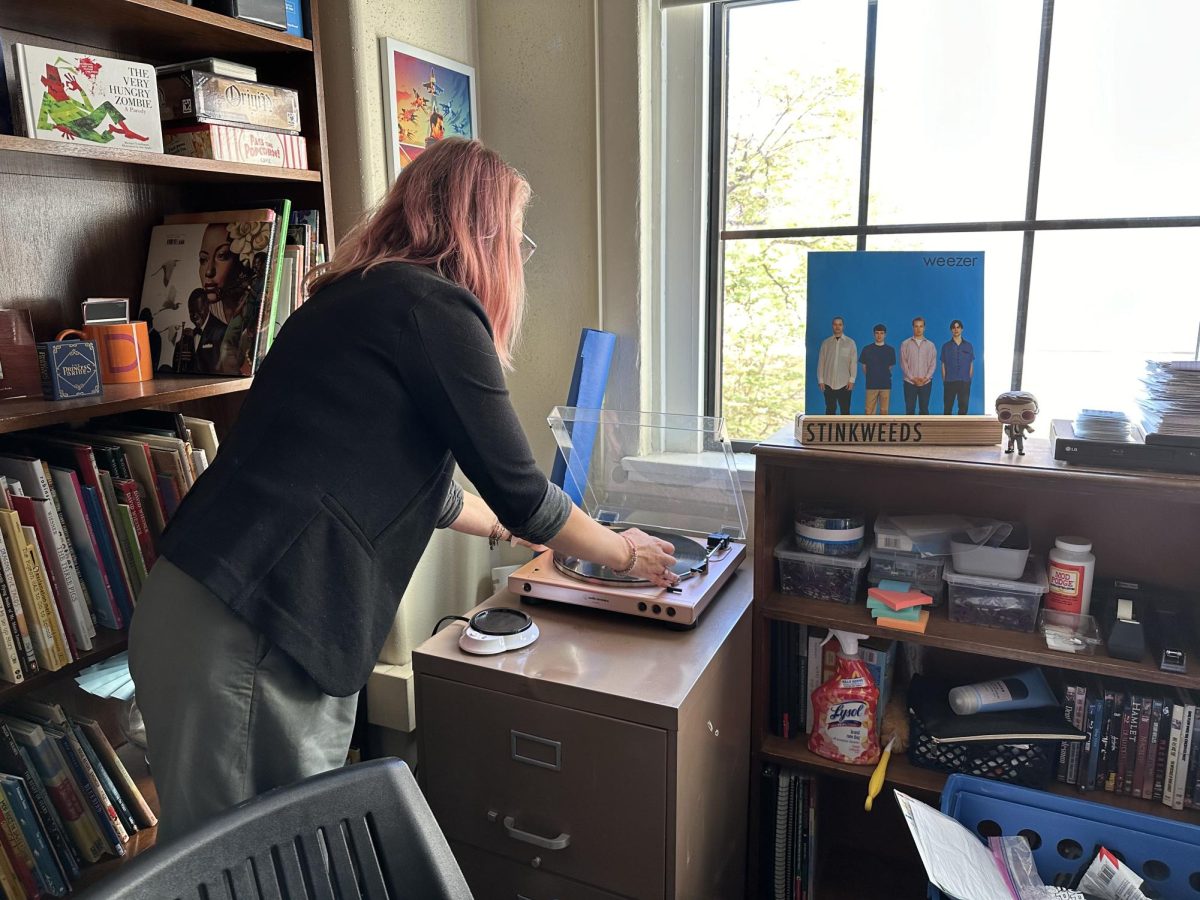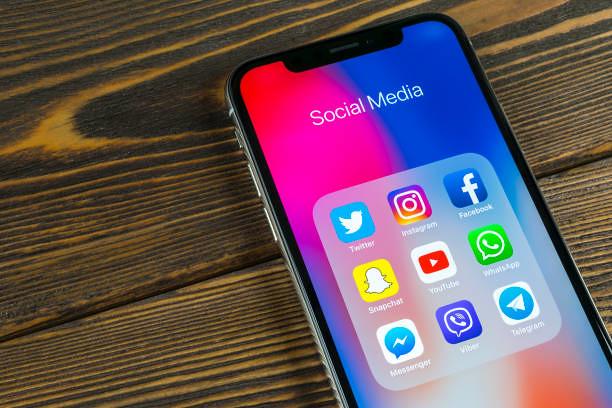Photo courtesy of lyncconf.com | Twitter, Instagram and Snapchat are among the most popular iOS apps that teens use in 2019, however, potential problems may arise.
By Kaidan Linse ’20
THE ROUNDUP
A recent case in Tempe, Arizona serves as a warning as to what can happen if teens are not careful in the digital world. Steven Anthony Spoon, a 34-year-old man, posed as a girl on Snapchat, a popular multimedia messaging app.
By using location services through a feature known as snap maps, Spoon was able to find out where teenage girls lived. Then, according to court records, he watched as they showered or changed.
This story serves as an important reminder of what can happen if teens are not safe online. In order to avoid problems like these, Brophy and Xavier students should take the following precautions when using social media platforms of their choice:
- Location Settings
Be hesitant about sharing your location with anyone online. Opt to always keep location sharing settings off unless you have good reason to have them on. Most iOS apps today have specific privacy and security settings for a reason. Use them to your benefit!
2. Once posted, always posted
What you post online stays online even if you delete it. Always think twice about what you are posting and the audience that will see it. Keeping a positive online reputation is something that will stick with you forever so take it seriously.
A good rule of thumb is to never post anything you would not want your parents or future employers to see. In fact, according to a national survey conducted online by CareerBuilder in 2017, 70 percent of employers use social media to evaluate candidates before hiring.
“I always think about how Brophy has taught me that I still represent Brophy outside of campus. No matter where I am, I am a Brophy student 24/7,” said Nick Dolasinski ’20.
Dolasinski said that this is what he abides by in order to be safe online.
3. Keep personal information personal
Be cautious as to who you share your personal information online. You never truly know who is behind the screen. The more information you share, the easier it is for hackers or someone else to use the information you provided to access your data, steal your identity, or even stalk you.
“Ever since I got a cellphone, my parents would tell me that someone is always watching what I do online,” said Jack Nethers ’20.
Nethers said, “no one should ever say or post anything online they would not say in person.”
4. Know and manage your online friends
Always know who you are following and vice-versa. Make sure to keep your real friends up to date with your life and delete or unfollow those who you do not know. Regularly go through your online friends to make sure no suspicious accounts or people can interact with you.
With the 2010 decade almost over and social media is showing no signs of slowing down. The internet is how most people keep in touch with friends and family, share photos, do homework, or even find out the latest news.
Social media platforms have become an integral part of everyone’s online lives. Social networks, through apps such as Instagram, Snapchat and Twitter, are a great way to stay connected with others, but everyone must be careful as to how much personal information they post online. In a world where almost everyone owns a cellphone, online safety, specifically in regards to social media, should be on every teen’s mind.






















